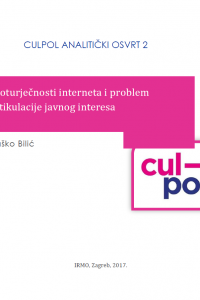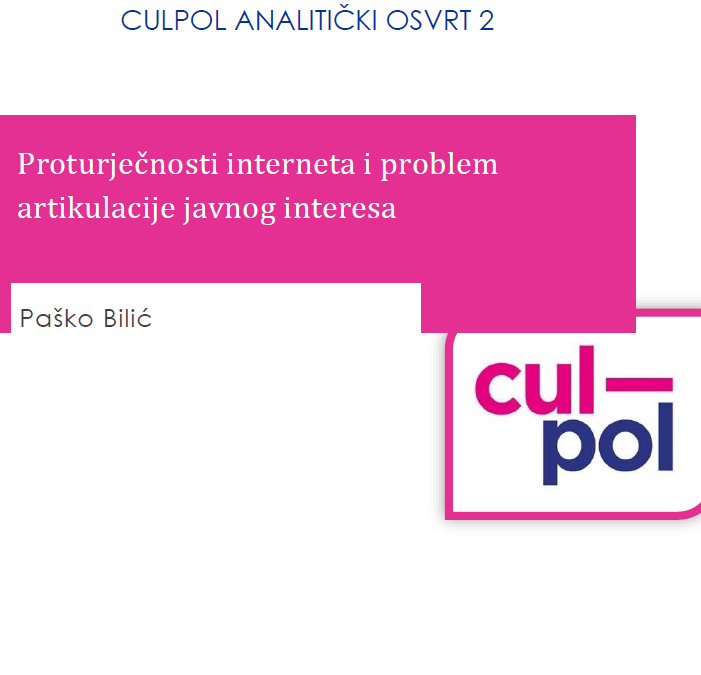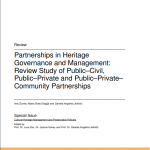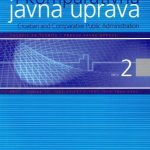
Author: Paško Bilić
Title: Proturječnosti interneta i problem artikulačije javnog interesa / Contradictions of the Internet and the problem of articulating the public interest
Reviewers/Editorial review/Series editors: Jaka Primorac, Aleksandra Uzelac
Publisher: IRMO – Institut za razvoj i međunarodne odnose (Institute for Development and International Relations)
Year: 2017
Language: Croatian with English summary
ABSTRACT
In Contradictions of the Internet and the problem of articulating the public interest the author emphasizes three main obstacles for democratic rationalization of contemporary communication technologies: (1) contradictions between free Internet services and their economic and political power over global information flows; (2) manipulation of public information and stifling of market competition under the myth of technological neutrality; (3) quantification of publicly available information and public information quality drop within the national context. The author argues that these contradictions limit the frames of action and democratic envisioning of the digital communication space. Democratic principles such as universal access and technological neutrality lose their democratic potential in the current socio-historical moment. Socially defined public interest can only be attained by resolving these contradictions.
The CULPOL Commentary has been published with the support of the Erasmus+ Programme of the European Union, within the framework of activities of the Jean Monnet Project EU Competences and National Cultural Policies: Critical Dialogues / CULPOL (575442-EPP-1-2016-1-HR-EPPJMO-PROJECT). It brings concise policy-oriented analysis and case studies addressing current issues in cultural policy research and practice, with the aim to pool the research of the project stakeholders and make it more visible and accessible to all the interested parties. More information about the project is available at: http://culpol.irmo.hr/home/.
The publication reflects the views of the authors, and the Commission cannot be held responsible for any use which may be made of the information contained therein.




